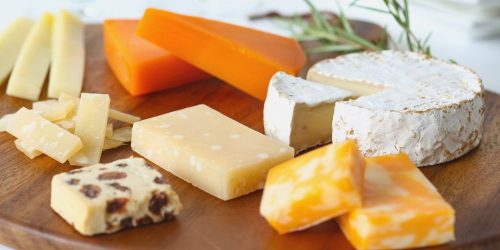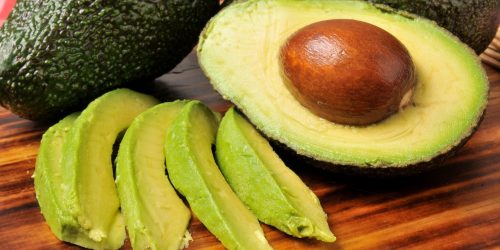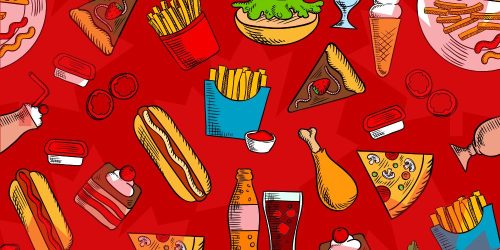Drinking Coffee ‘Helps To Improve Mood’ As Days Get Shorter
Those who suffer from Seasonal Affective Disorder (SAD) will know just how much of a detrimental impact the lack of light and warmth can have on your mental state, but there are things you can do to mitigate the effects.
A new study has revealed that drinking coffee can help to improve mood as the days get shorter and darker.
A new study explored the impact of lifestyle and diet choices on mood, and found that more than a quarter of adults experience depression and increased feelings of sadness as daylight hours decrease.
One in five adults in the survey say they drink coffee to improve their mood, The research suggests that 75mg of caffeine every four hours can help the improvement of mood over the day.
The study also found that the lack of daylight makes many people more anxious, with almost a quarter confessing that it’s harder to concentrate. Those who took part in the survey say during the winter months they lose motivation to exercise and see a dip in sport performance.
During the darker, colder months of the year some people can suffer from persistent low mood, loss of pleasure or interest in normal activities, and a lack of energy, commonly known as Seasonal Affective Disorder. SAD typically presents itself in the autumn and winter, with remission during spring or summer.
This new research also indicates that regular coffee intake can lead to an improvement in most cognitive measures and moods as well as decreased reaction times and increased alertness.
Additional research found that even just the smell of coffee may enhance working memory and stimulate alertness.
Scientists found that coffee can also act as brain stimulant: heightening alertness, keeping arousal, improving executive speed, maintaining vigilance, and promoting memory, which are associated with attention, mood, and cognitive function.
Beat FOMO by being in the know!
Sign up for our newsletter today and never miss a beat.









